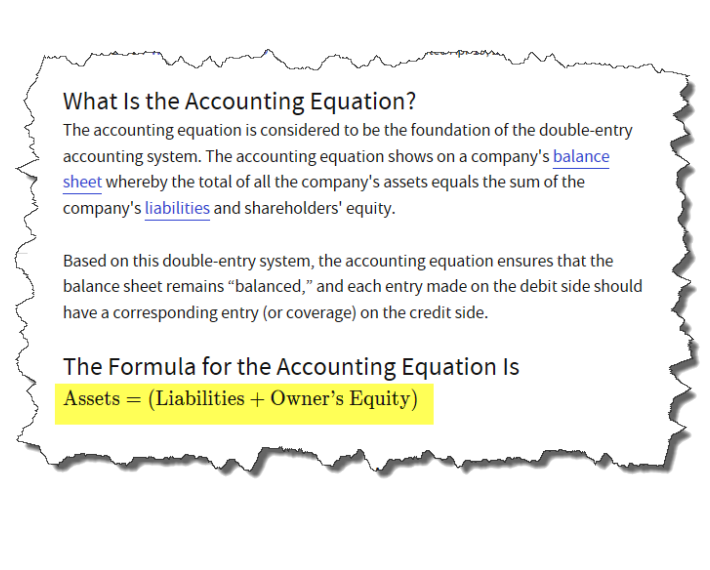

| Term: | Rule |
| Label: | Rule |
| Key: | 56 |
| Category: | Functional Term |
| Description: | A rule (a.k.a. assertion) is a type of statement which specifies a permissible manipulation within a structure within a model for a theory. Rules guide, control, suggest, or influence behaviour. Rules cause things to happen, prevent things from happening, or suggest that it might be a good idea if something did or did not happen. Rules help shape judgment, help make decisions, help evaluate, help shape behaviour, and help reach conclusions. |
| Commentary: | Rule and Assertion are synonyms. There are three categories of rules: Axioms, Theorems, and Restrictions. An axiom is a statement which describes a self-evident logical principle related to a universe of discourse that no one would argue with or otherwise dispute. A theorem is a statement which makes a logical deduction which can be proven by constructing a chain of reasoning by applying axioms or other theorems in the form of IF. . . THEN statements. A restriction is a statement that is a special type of axiom or theorem imposed by some authority which restricts, constrains, limits, or imposes some range. |
| Technical Example: | |
| Human Readable Example: | http://www.xbrl.org/Specification/XBRL-2.1/REC-2003-12-31/XBRL-2.1-REC-2003-12-31+corrected-errata-2013-02-20.html#_5.2.6 |
| Additional Information: | http://xbrlsite.azurewebsites.net/2019/Framework/Documentation/Rules.pdf |
| Status: | OK |
| Image: |  |
| Blockly: |  |
Last updated: 9/14/2020 7:51:03 AM